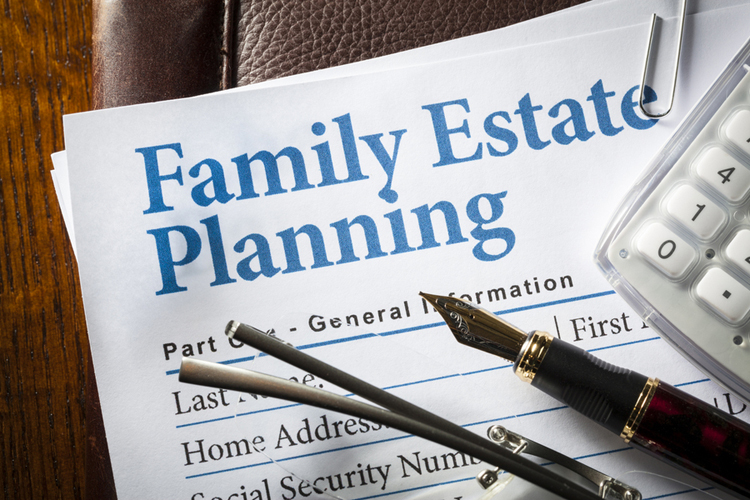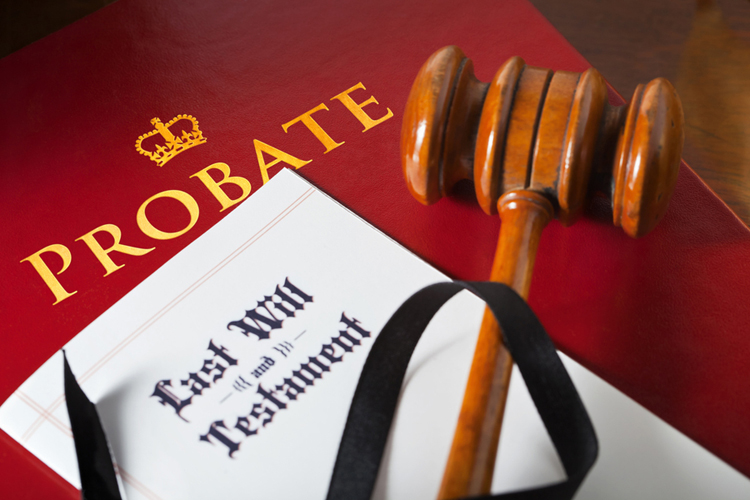
Estate planning ensures that people follow your final wishes and protect your family. However, it can be a confusing process as many people are unsure what an estate is, what it entails, and whether or not they even need one.
Ultimately, most families can benefit from the peace of mind that an estate plan provides. Not only will one ensure that your assets are distributed according to your wishes once you are gone, but an estate plan can also help reduce stress for your beneficiaries by helping to keep your estate out of probate.
Of course, it is understandable if you find yourself confused or overwhelmed as you create one. Here is a look at answers to a few of the most frequently asked questions about estate planning.
Do I Need an Estate Plan?
One of the most common questions people ask is whether or not they really need an estate plan. Unfortunately, there is often a misconception that only rich people need to worry about estate planning. However, regardless of the size of your estate, creating a plan makes things easier. Additionally, creating one ensures that you dictate your asset distribution. Without a proper plan, it will be up to a judge to decide how to distribute your assets.
Can an Estate Plan Protect Minor Children?
It is particularly important that anyone with minor children creates an estate plan. Create a plan for your children's futures should the unthinkable happen while they are underage. With a plan, make arrangements for who will care for your children should you die unexpectedly. Were you to die without a plan or guardianship designation, it would be up to the court to decide who should raise your children. This may result in your children being cared for by someone who may not raise them as you would like. Creating an one is then critical as it allows you to have a say in how your children will be cared for should you die unexpectedly.
What Happens If I Die Without One?
You may find yourself wondering what exactly happens to your estate if you die without an estate plan in place. Should you die with no estate plan, your estate will be subject to your state's intestacy laws. This requires your estate to pass through probate court so that your assets distributes to your legal beneficiaries.
Probate is a long, drawn-out, expensive process in which a judge distributes your assets. Without an estate plan, you will have no control over how your assets are distributed, as a judge will distribute your assets as they see fit in accordance with state law. This could potentially mean a large portion of your estate going to an estranged relative you no longer talk to.
Only assets that will be passed on by beneficiary designation or joint tenancy will avoid the probate process if you do not have one in place. Creating one gives you control over how your assets are divided. Further, it makes things easier for your beneficiaries. With a well-crafted estate plan, much of your estate can bypass the probate process. This saves your beneficiaries time and money, and reduces their burden during an already difficult time.
What Does a Plan Include?

Another common question people ask is "what does an estate plan include?" Many people use this term and "will" interchangeably, but they are two very different things. While a comprehensive plan can include a will, a well-planned estate should include a variety of documents that ensure that your affairs are in order should you fall ill, become incapacitated, or die unexpectedly. While every plan will be different depending on an individual's unique needs, most include:
- A Will or Living Trust
- A Pour-Over Will -- To cover any assets not included in a trust.
- Guardianship Documentation -- To ensure your minor children receive care.
- An Appointment of a Financial Power of Attorney -- A trusted person who will take care of your financial affairs should you become incapacitated.
- An Advanced Healthcare Directive -- Naming a person to make medical decisions on your behalf, and outlining instruction on what to do, if you are near death or suffering from a terminal illness.
Ultimately, what you should include in your estate plan will depend on your family's needs, and an experienced attorney can help you to determine what your plan should include.
When to Start?
There is often confusion surrounding when the right time is to start thinking about estate planning. While no one wants to think about their own death, it is never too soon to plan for the future. In fact, it is critical regardless of how old you are if you have minor children, or you own significant assets and property that need protecting. This ensures protection for your family.
Can I Create a Plan on My Own?
With numerous online resources available, you may be tempted to create a plan on your own. While many states allow residents to prepare wills and estate plans on their own, it is risky. The fact is that estate planning can be extremely complicated, and you only have one chance to get everything right. The last thing you want is to unknowingly make a mistake that could invalidate your plan after your death. Working with an experienced attorney ensures a well-designed estate plan to protect you, your family, and your assets.
If you are considering starting the estate planning process, feel free to contact us to learn more about the benefits of working with an estate planning professional to guide you through this complex process.
For more information please request a copy of our Legal Services Schedule (PDF format).
![]()